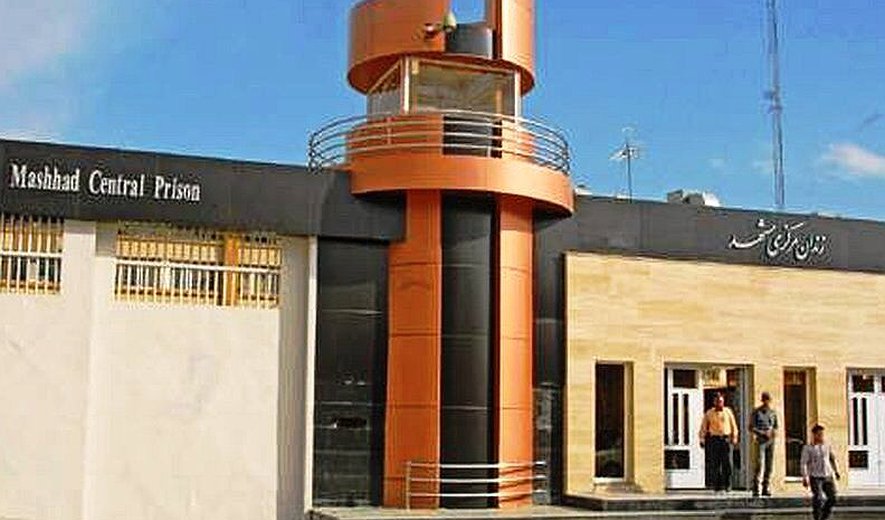Mahboubeh Roshandel 200th Woman Executed in Iran Since 2010

Iran Human Rights (IHRNGO); September 7, 2023: Mahboubeh Roshandel, a 27-year-old woman sentenced to qisas (retribution-in-kind) for murder, was executed in Mashhad Central Prison. She is the 200th woman execution recorded since 2010 and the 12th woman executed in 2023.
Of the 200 women executions recorded by Iran Human Rights since 2010, 94 were executed for drug-related charges, 90 for murder, four for “participating in immoral sexual acts and misusing drugs,” two for espionage and one for moharebeh (enmity against god). The charges against nine of the women are unknown.
Only 55 (27.5%) of the 200 executions were announced by official sources. The remainder were reported by human rights organisations and activists, and verified by Iran Human Rights. Transparency has dramatically decreased since 2020 with only 2 out of 45 executions officially reported between 2021 and September 2023.
39 of the women were accused of killing their husbands, temporary marriage husbands (sigheh) or lovers. 8 women were child brides, three juvenile offenders and one an aroose khoon bas, a bride offered by one tribe to the opposing tribe to stop the bloodshed.
Executions were carried out in 27 provinces with the highest number recorded in Tehran/Alborz provinces with 44 executions, 23 in West Azerbaijan and 16 in Sistan and Baluchistan. 2013 was the bloodiest year for women executions, with 30 executions recorded by Iran Human Rights.
According to HRANA news agency, a woman was executed in Mashhad Central Prison (Vakil Abad) on 4 September. Her identity has been established as 27-year-old Mahboubeh Roshandel who was sentenced to qisas (retribution-in-kind) for murder. She was a mother to a six year old and is alleged to have murdered her mother-in-law.
An informed source was quoted: “The family refused to allow her to see her daughter in prison. This caused her to gradually become depressed behind bars. But prison authorities didn’t provide any medical treatment. The victim’s family recently said they’d decided to forgo execution but the relief only lasted a few days for Ms Roshandel because they changed their minds. And she was consequently executed.”
Background to Women Executions in Iran
As well as the denial of due process and fair trial rights systematically denied in Iran, women also face inequality before the law and societal discrimination prior to having committed any crimes. As with global statistics, poverty is an underlying factor in death penalty cases. This is particularly evident in drug-related executions but also extends to murder cases. Traditionally, men are considered the breadwinners and when working class women who were not afforded an education or professional skills are left to raise their children alone, without any support from the state, they are forced to do what they can to survive.
Societally, women also face forced marriages as child brides and adults. Within the marriage itself, a woman does not have the right to divorce, even in cases of domestic violence and abuse, which are hidden in cultural codes and language. Mental illness also remains a taboo subject, with inadequate care and treatment within Iranian society at large.

